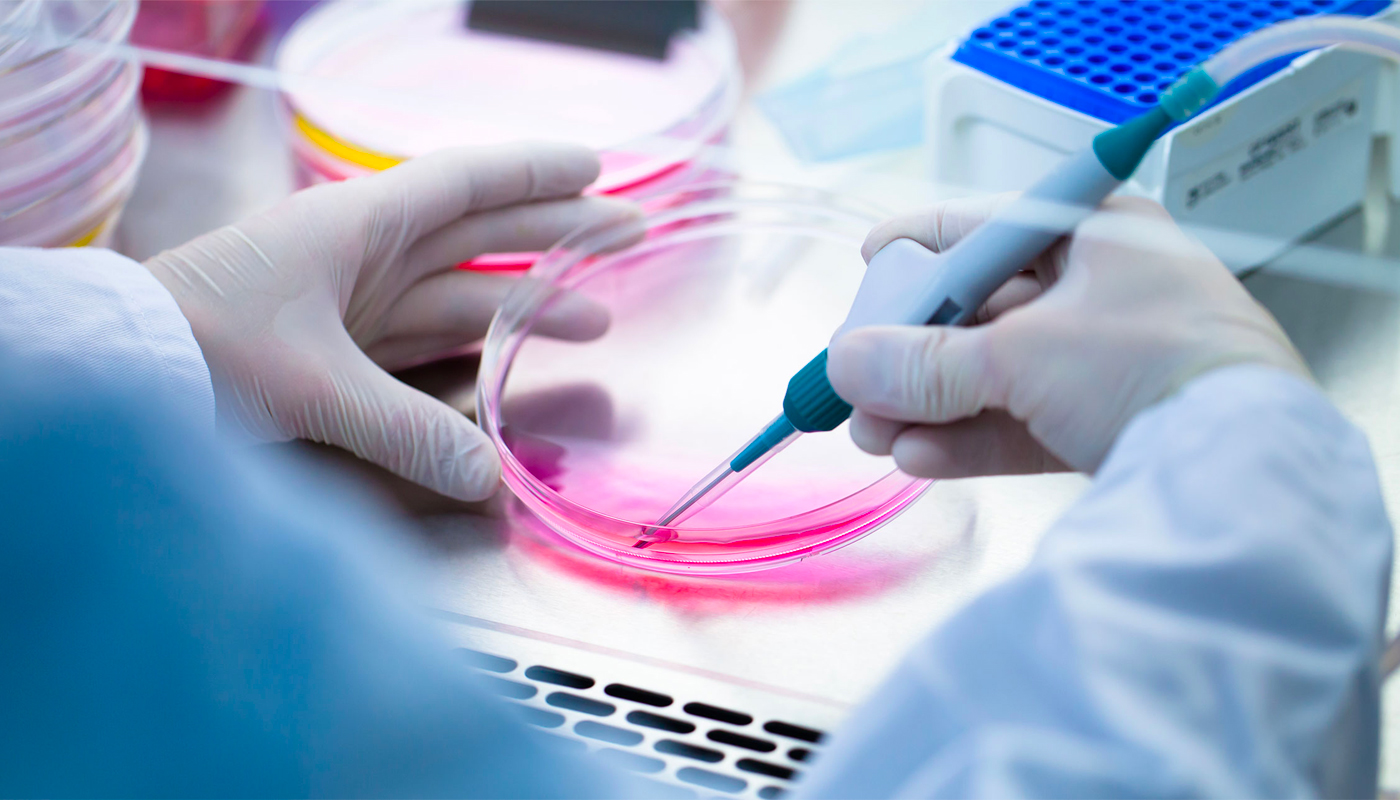Curricular Units

The DBE offers the following curricular units:
- Biochemical Engineering;
- Biochemistry and Molecular Biology of the Cell;
- Bioengineering and Entrepreneurship;
- Bioengineering of Systems;
- Bioengineering Topics;
- Biological Engineering Laboratory;
- Biological Engineering Processes;
- Biological Reactors;
- Biological Sciences Laboratory;
- Biomaterials Science;
- Biomolecular Engineering;
- Biorefineries and Bioprocesses;
- Cell and Tissue Engineering;
- Cellular Engineering;
- Drug Regulation and Medical Devices;
- Environmental Biological and Chemical Engineering Processes
- Environmental Biotechnology;
- Environmental Technology;
- Enzyme Engineering;
- Functional and Comparative Genomics;
- Functional Genomics and Bioinformatics;
- Fundamentals of Ecology
- Gene and Cell Therapy;
- Genetic Engineering;
- Green Technologies and Decision Strategies;
- Instrumentation and Signal Acquisition;
- Integrated Biological Engineering Laboratory;
- Integrated Bioprocess Engineering;
- Integrative Microbiology;
- Introduction to Bioengineering;
- Introduction to Biological Sciences;
- Introduction to Biomedical Engineering;
- Machine Learning in Bioengineering;
- Marine Biotechnology;
- Medical Imaging;
- Microbial Cell Factories;
- Microbiology;
- Microbiomes;
- Molecular Biology and Genetics;
- Molecular Biotechnology;
- Organ Engineering;
- Principles of Bioinstrumentation;
- Principles of Bioprocess Engineering;
- Principles of Biosignals and Biomedical Imaging;
- Project in Biological Engineering;
- Project in Biomedical Engineering;
- Project in Biotechnological Industries;
- Project in Biotechnology;
- Protein Engineering and Design;
- Quality Management Systems I;
- Separation and Purification of Biological Products;
- Stem Cell Bioengineering;
- Structural Biology;
- Systems and Control in Bioengineering;
- Tissue Engineering;
- Transport Phenomena in Biological Systems.